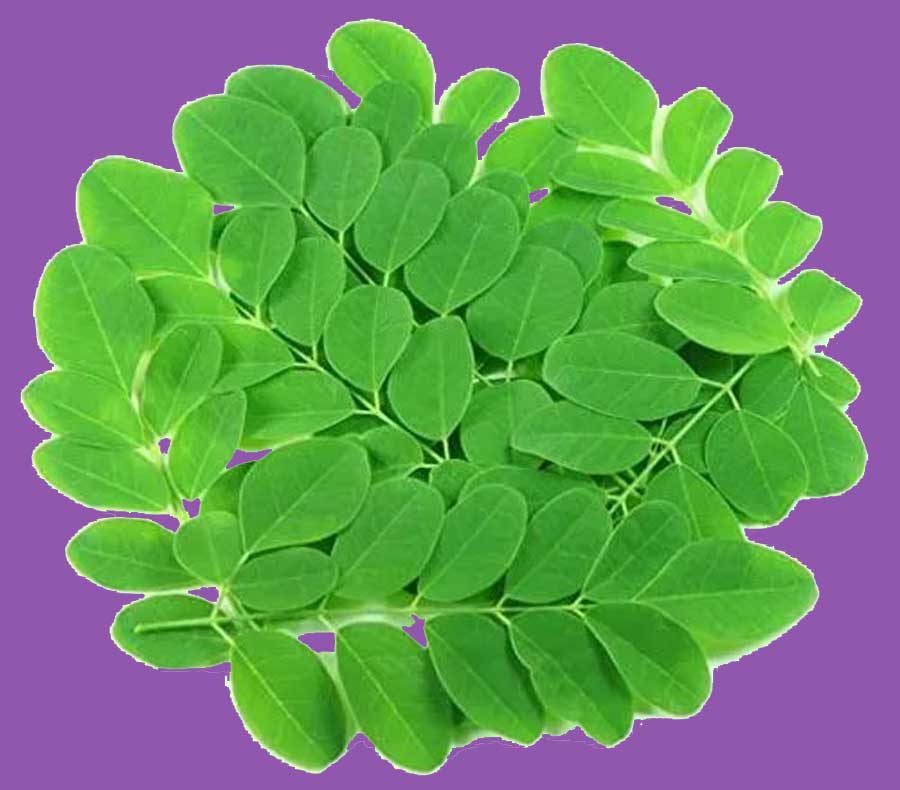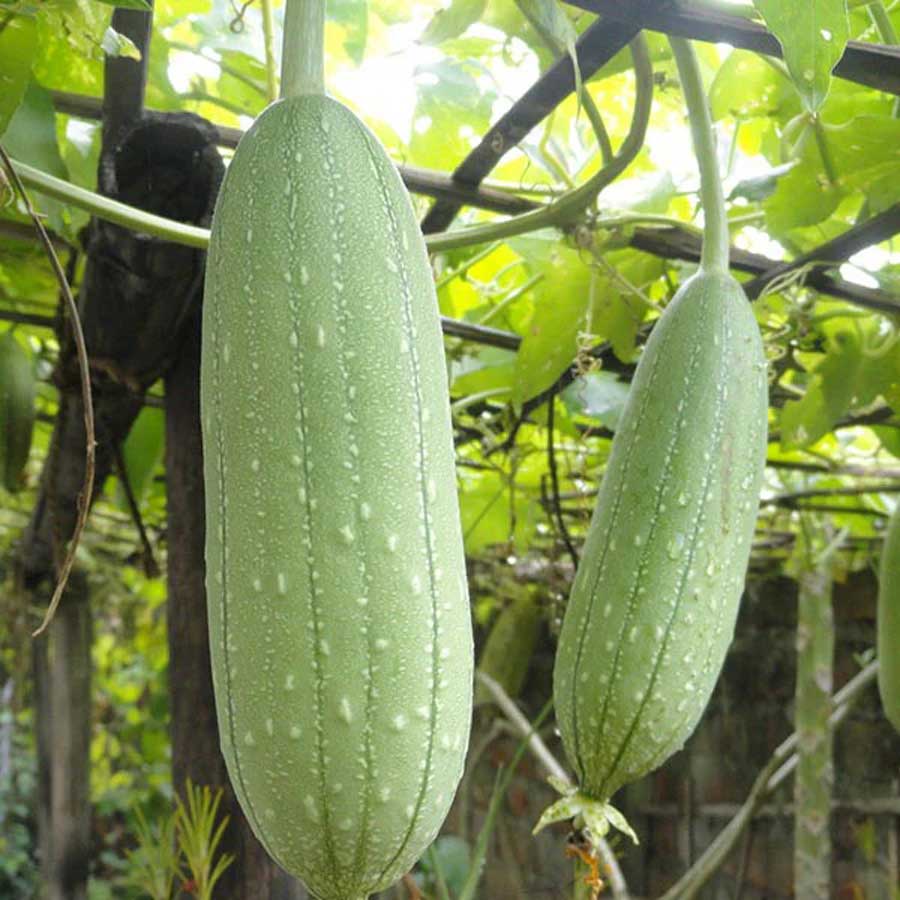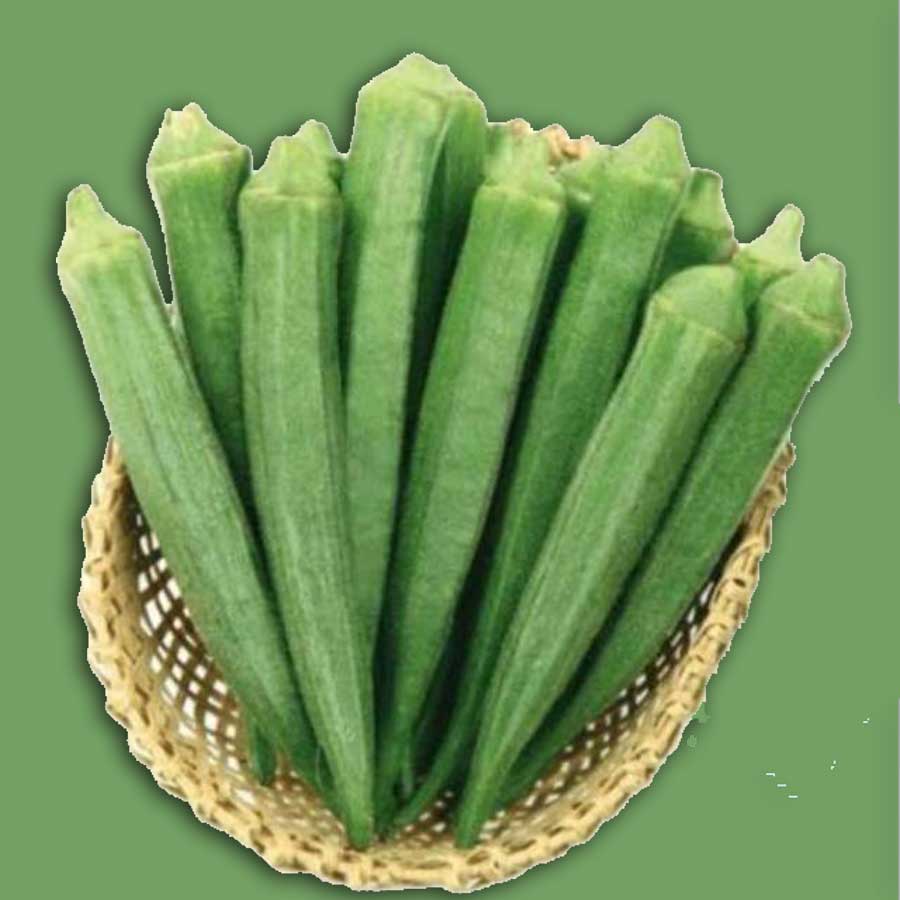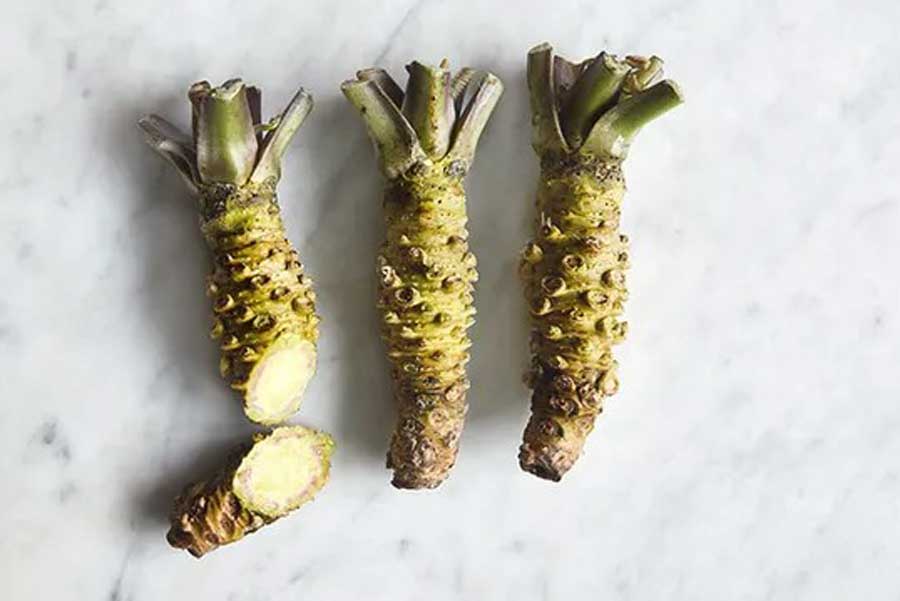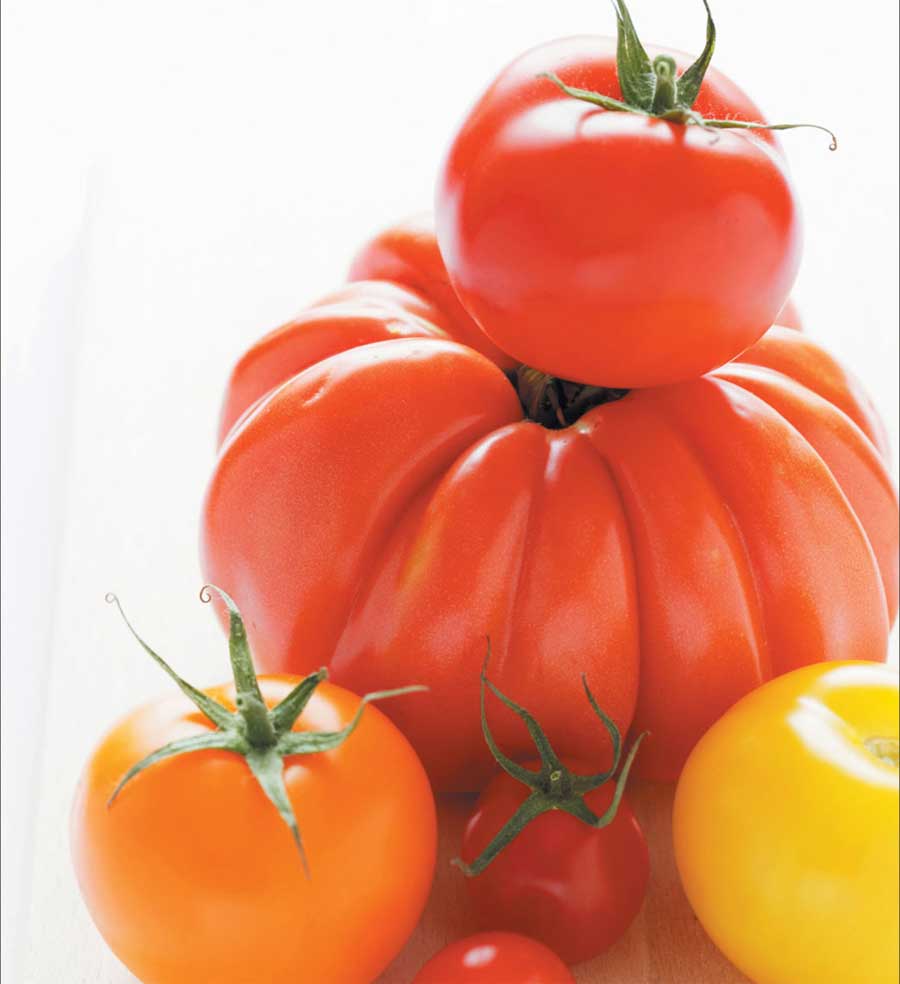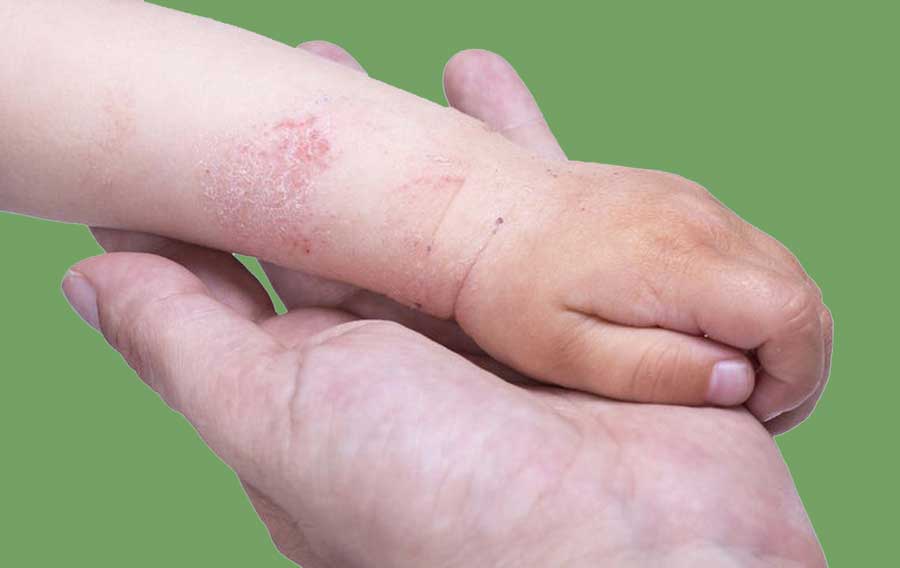Lets see whar are rutabaga Health benefits of rutabaga. Rutabaga is a vegetable that contains many nutrients for health. Rutabaga is included in a cabbage’s family, mentioned that he was crucifers. However, rutabaga also contains many nutrients as other vegetables in his family such as cabbage, broccoli, and Brussels sprouts. This super vegetable contains nutrients that can fight cancer.
Rutabaga has a tuber that similar to the radish, so many people think that he is horseradish. In this situation, also raises a lot of speculation that this vegetable is the result of a crossbreed between wild cabbage with horseradish. Rutabaga is also known as the Swedish turnip, yellow turnip, and is also famous for its sweet flavor and crumbly. Not only bulbs that utilized but rutabaga leaves also contain many essential nutrients for health. Here we see the content of nutrients in the rutabaga.
Also See: Nutrition value of mushrooms
Nutrition Facts of Rutabaga
The table below shows us about nutrition in 1 cup of Rutabaga
Total Weight of Rutabaga (cubed): 170 g
| Nutrients | Amount |
| Basic Components | |
| Ash | 1.5 g |
| Protein | 2.2 g |
| Water | 151 g |
| Calories | |
| Calories From Carbohydrate | 57.1 |
| Calories From Fat | 3.1 |
| Calories From Protein | 6.1 |
| Total Calories | 66.3 |
| Carbohydrates | |
| Dietary Fiber | 3.1 g |
| Sugars | 10.2 g |
| Total Carbohydrate | 14.9 g |
| Fats & Fatty Acids | |
| Polyunsaturated Fat | 0.2 g |
| Total Fat | 0.4 g |
| Total Omega-3 Fatty Acids | 96.9 mg |
| Total Omega-6 Fatty Acids | 64.6 mg |
| Vitamins | |
| Choline | 25.8 mg |
| Folate | 25.5 mg |
| Niacin | 1.2 mg |
| Pantothenic Acid | 0.3 mg |
| Riboflavin | 0.1 mg |
| Thiamin | 0.1 mg |
| Vitamin A | 3.4 IU |
| Vitamin B6 | 0.2 mg |
| Vitamin C | 32 mg |
| Vitamin E | 0.5 mg |
| Vitamin K | 0.5 mcg |
| Minerals | |
| Calcium | 81.6 mg |
| Copper | 0.1 mg |
| Iron | 0.9 mg |
| Magnesium | 39.1 mg |
| Manganese | 0.3 mg |
| Phosphorus | 95.2 mg |
| Potassium | 554 mg |
| Selenium | 1.2 mcg |
| Sodium | 34 mg |
| Zinc | 0.6 mg |
Ok, after we know the facts of nutrition in this cruciferous veggie now we see some health benefits of rutabaga to us.
Health Benefits of Rutabaga Veggie
1. Prevent Cancer
The health benefits of rutabaga is extraordinary when anti-cancer found in these vegetables. These vegetables are the result of crosses which offers plenty of nutrition for good health. Rutabaga is a phytochemical that is useful in eliminating carcinogens in the body could even help the liver in removing harmful toxins.
One of the important compounds in the rutabaga is glucosinolates. It is useful for preventing the development of tumor cells. Besides rutabaga also contains many beneficial antioxidants high to avoid damage to cells and DNA.
2. High in antioxidants
Rutabaga in one serving contains 50% DV of vitamin C. This indicates that the rutabaga has many antioxidants. Vitamin C is one type of antioxidant that is providing defense against diseases that might attack the body. Just like other cruciferous vegetables, rutabaga also contains carotenoids which have benefits as a promoter for antioxidant activity.
3. High in potassium
The health benefits of Rutabaga not separate from the potassium content. In one portion of rutabaga contains 6% potassium. Potassium is a mineral that is useful for forming bone strength, produce energy, keep the heart healthy and still able to keep your metabolism working properly.
4. Keep your digestive health
Rutabaga is a source of natural fiber. So, rutabaga for health benefits is accomplished by keeping the digestive tract healthy by removing all remaining food in the intestine.
The content of glucosinolates in the rutabaga assist the process of bacteria in the stomach and enhance the creation of bile.
5. High-fiber
Rutabaga is an imperative source of dietary fiber in the digestive process. In one serving of Rutabaga contains 12% of fiber. The presence of fiber is imperative for intestinal health, digestion and keep the body’s metabolism.
Also read: 25 Star Apple Health Benefits
6. Lose weight
This health benefit is one of admirable of rutabaga veggie. Many people worked to drain the fat and lose weight but never succeeded. Now it’s time you tried this vegetable.
Rutabaga is a low-calorie vegetable that resists the formation of fat. High fiber content also helps in reducing body fat. Fiber works by binding fat in the abdomen and removing the waste together.
7. High zinc
Furthermore, health benefits of Rutabaga are encouraged the body to produce the enzyme. Zinc is the primary mineral in the formation of various enzymes in the body.
Each 1 cup rutabaga provides 0.48 milligrams of zinc, 6% of the RDI for women, or 4% for men, this data according to research conducted by “Linus Pauling Institute“.
8. Reduce the risk of stroke and heart
Benefits rutabaga to lower the risk of stroke is due to the high content of potassium. Potassium is not only to prevent the risk of stroke but also useful for controlling blood pressure and water levels in the body.
More: 10 Spices for heart disease
9. Reduce the wheezing of asthma patients
Rutabaga contains vitamin C, which plays a role in reducing wheezing in patients with asthma. While the lack of vitamin C can cause various skin diseases such as scabies that change the color of the skin, easy bruising, and others.
10. Prevent constipation
Rutabaga health benefits for constipation. Consuming these vegetables on a regular basis can prevent constipation since the high fiber content will facilitate the movement of waste in the gut. However, these foods can increase the frequency of flatulence.
Side Effects of Rutabaga
Rutabaga is a tuber vegetable that is rich in health benefits. So far, no known side effects are associated with consuming rutabaga in normal amounts.
However, if you notice any signs or symptoms of allergies such as: skin rash, watery eyes, inflammation, itching, then the best way is to consult your doctor.
However, rutabaga is known to contain raffinose, this is a complex sugar that may cause a person to experience stomach problems such as stomach discomfort and stomach pain.
Can You Eat Rutabaga Raw
Rutabaga is usually eaten boiled, grilled, or sliced and fried. But can you eat it raw?
True if you want, to get health benefits of rutabaga you can eat rutabaga raw but make sure you peel the outer skin because it contains waxy substances.
FAQs about Rutabaga
Do Rutabagas Need to Be Cooked?
Just like what I said before, you can cook rutabaga even if you don’t cook it.
If so, what does rutabaga taste like? It tastes sweet and slightly bitter and this tuber is rich in nutrients so it is important to consume. You can eat it any way you want.
Usually, raw rutabaga is also included in salads and you can eat it as a snack. Rutabaga can be served as a side dish, and collaborate with meat, fish or chicken.
How to Prepare Rutabagas?
Cooking rutabaga is easy and simple, but without good knowledge, you can make mistakes in serving rutabaga.
- Serving the rutabaga is to cut it in half, and then chop it up.
- Prepare a pan, add peanut oil or olive oil, once hot, cook your meat, fry until cooked and crispy.
- If it is cooked, now is the time for you to add the prepared rutabaga, add black spices, salt, add enough water, and wait for it to boil.
- Cook for about 35 minutes and make sure that your food is soft. If the taste of the food is right and tender, then now is the time to eat it with cornbread, and sliced meat.
Can You Eat the Skin of Rutabagas?
We said above that in preparing rutabaga you have to peel the skin. So, you can’t eat rutabaga skin, make sure to peel it when you’re going to cook it or make a salad.
How Do You Eat Rutabaga Greens?
Yes, rutabaga is cultivated for its tubers, but you can also eat its green leaves. To get the health benefits of rutabaga you also can eat the leafy or green leave. Rutabaga leaves can be cooked as vegetables, this is the same as broccoli leaves. It is cultivated for broccoli, but the leaves can also be eaten.
Rutabaga leaves can be cooked as a vegetable or cut into small pieces and included in salads.
Can You Freeze Fresh Raw Rutabagas?
You can freeze the rutabaga, but before placing it in the freezer, make sure you have peeled the skin and cut it into cubes.
Then put it in a freezer-safe bag, close it and leave it there for a few months. When putting in a bag, make sure you drain the air completely.
What Meat Goes with Rutabagas?
Rutabaga has a great taste and you can get the benefits of rutabaga in-spite of you cook along to meat. Rutabaga is a vegetable that is delicious served or cooked with meat.
So, what kind of meat is suitable for use? Some meats that are suitable for cooking with rutabaga are beef, turkey or chicken.




